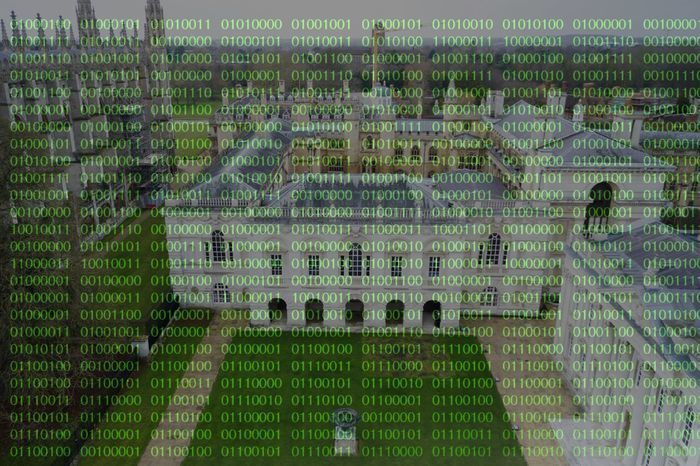Cambridge oncologist becomes UK’s first professor of AI in radiotherapy
Professor Raj Jena hopes that his professorship will ‘make a concrete difference’ in cancer treatment

Cambridge oncologist Raj Jena has been appointed the first Clinical Professor of AI in Radiotherapy in the UK.
According to the University, this appointment “signals the importance of AI in the fight against cancer,” continuing Cambridge’s use of the latest technology to combat worldwide challenges.
Despite the technology already being used to diagnose and treat some cancers, its ability to transform patient care during cancer treatment depends on generating larger amounts of information to train the AI models – something Professor Jena hopes his new position can help with.
He explained: “The Professorship will make a concrete difference in terms of building networks and leading projects.”
“We need to bring together the right teams and expertise to research these things, to understand the technology and of course develop guidance and good practice, because trust is key, as is making sure you bring others with you,” he continued.
This comes during a time of significant debate over the role of AI within academia. Last term the HSPS faculty published an open letter calling on students to reject the use of tools such as Chat-GPT in academic work.
This was followed by the department moving to in person exams, due to “too many” of their students using AI in online exams.
In 2023 a Varsity survey found that almost half of all Cambridge students had used AI to complete university work, with almost a fifth of respondents having used AI to produce assessed work for their degree, such as coursework.
Cambridge currently has a total ban on the use of AI technology in assessed work, treating it as academic misconduct, but use guidance for non-assessed work varies by department.
Professor Jena’s research has already led to a tool which helps prepare scans by identifying and protecting healthy tissue, cutting the wait time between referral and starting treatment. The tool became the first cloud-based AI technology to be deployed in the NHS.
His next project entails designing a new radiotherapy machine which will help identify tumours and suggest the best possible treatments by feeding the scans into an AI foundation model. It is hoped that this will aid cancer services in developing countries where there is a shortage of radiotherapy machines and stuff to operate them.
The new research should contribute to increasing the sophistication of AI in medicine. Professor Jena explained that it could lead to “more early detection programmes, and instead of having to wait for a cancer to be big enough to see on a scan, we’ll be asking can we instead analyse breath, or a finger prick of blood?”.
 News / CUP announces funding scheme for under-represented academics19 December 2025
News / CUP announces funding scheme for under-represented academics19 December 2025 News / Cambridge welcomes UK rejoining the Erasmus scheme20 December 2025
News / Cambridge welcomes UK rejoining the Erasmus scheme20 December 2025 News / SU reluctantly registers controversial women’s soc18 December 2025
News / SU reluctantly registers controversial women’s soc18 December 2025 Film & TV / Timothée Chalamet and the era-fication of film marketing21 December 2025
Film & TV / Timothée Chalamet and the era-fication of film marketing21 December 2025 News / News in Brief: humanoid chatbots, holiday specials, and harmonious scholarships21 December 2025
News / News in Brief: humanoid chatbots, holiday specials, and harmonious scholarships21 December 2025









